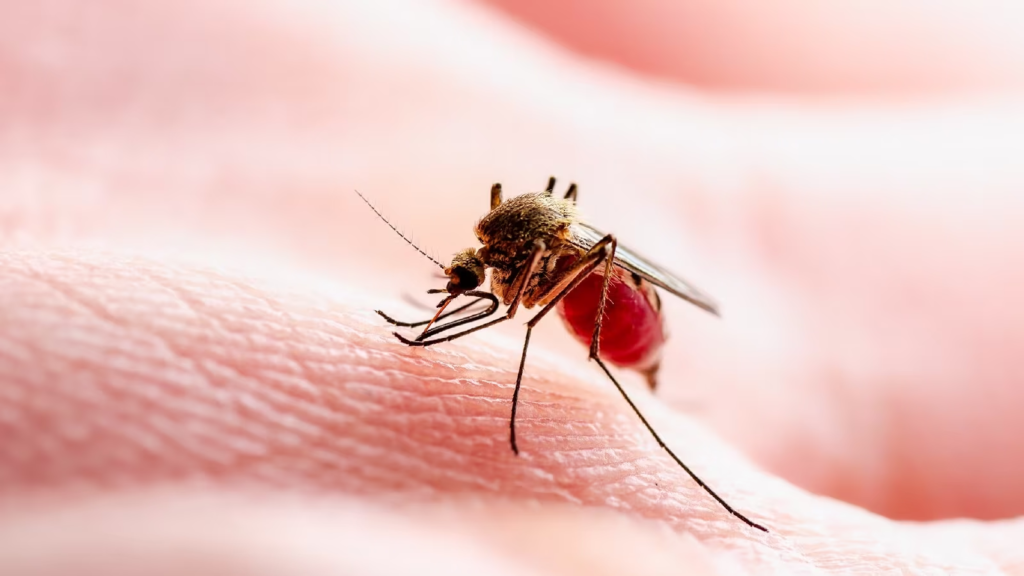The Ministry of Health and Family Welfare, Government of India, has designated May 16 as National Dengue Day to raise awareness about the deadly fever associated with dengue. Dengue fever is a viral disease spread by mosquitos and caused by the dengue virus (DEN V). With dengue infections on the rise globally, this day serves as an opportunity to educate the public about the symptoms, signs, and preventive measures of dengue.
The Impact of Dengue

According to the World Health Organization (WHO), dengue infections have seen a significant increase, both in the Indian subcontinent and worldwide, with an estimated 100-400 million cases occurring each year. Nearly half of the world’s population is at risk of contracting this dangerous disease.
Understanding Dengue Fever
Dengue fever is primarily transmitted through the bite of the Aedes mosquito, which is commonly found in tropical and subtropical regions. The virus has four types, and infection with any of them can lead to a potentially fatal fever. Unlike some other viruses, dengue is not contagious between individuals, except when transmitted from a pregnant woman to her unborn child.
Recognizing Dengue Symptoms

Symptoms of dengue typically appear 3-14 days after a person is bitten by an infected mosquito. They can include high fever, muscle and joint pain, persistent headaches, throbbing pain behind the eyes, and body rashes. In severe cases, dengue hemorrhagic fever may develop, characterized by symptoms such as abdominal cramping, vomiting, nausea, and bleeding. Dengue shock syndrome, a potentially fatal condition, can occur in cases of chronic hemorrhagic fever.
National Dengue Day and Preventive Measures
National Dengue Day serves as a platform to highlight the measures taken by health sectors and the government to prevent the spread of dengue. The day also emphasizes the importance of taking precautionary measures to eradicate the disease. As there are no vaccines available for dengue, the best approach is to prevent mosquito bites entirely.
Natural Ingredients for Mosquito Repellent
To avoid mosquito bites, it is recommended to use mosquito repellants containing at least 10% DEET. However, for those who prefer natural alternatives, there are several ingredients that can effectively repel mosquitoes. These natural ingredients work by blocking the mosquitoes’ sense of smell, deterring them from biting. Here are five such ingredients:
- Citronella: This citrusy aromatic herb, available as an essential oil or in gel-based formulas, is a well-known natural bug repellent. Studies have shown that topical application of citronella is as effective as DEET and provides protection for up to 2-3 hours.
- Basil: Holy basil, known for its culinary uses, can also repel insects and mosquitoes. The plant itself or its essential oil has been found to repel malaria-causing and yellow fever-causing mosquitos effectively.
- Neem: Neem, known for its multiple health benefits, works as an excellent natural mosquito repellent due to its strong pungent aroma. Diluted neem oil provides protection for up to 3 hours between dusk and dawn.
- Peppermint: Peppermint essential oil, containing bioactive components like limonene and menthol, not only promotes clear skin but also repels mosquitoes.
The Hindustan Herald Is Your Source For The Latest In Business, Entertainment, Lifestyle, Breaking News, And Other News. Please Follow Us On Facebook, Instagram, Twitter, And LinkedIn To Receive Instantaneous Updates. Also Don’t Forget To Subscribe Our Telegram Channel @hindustanherald

















